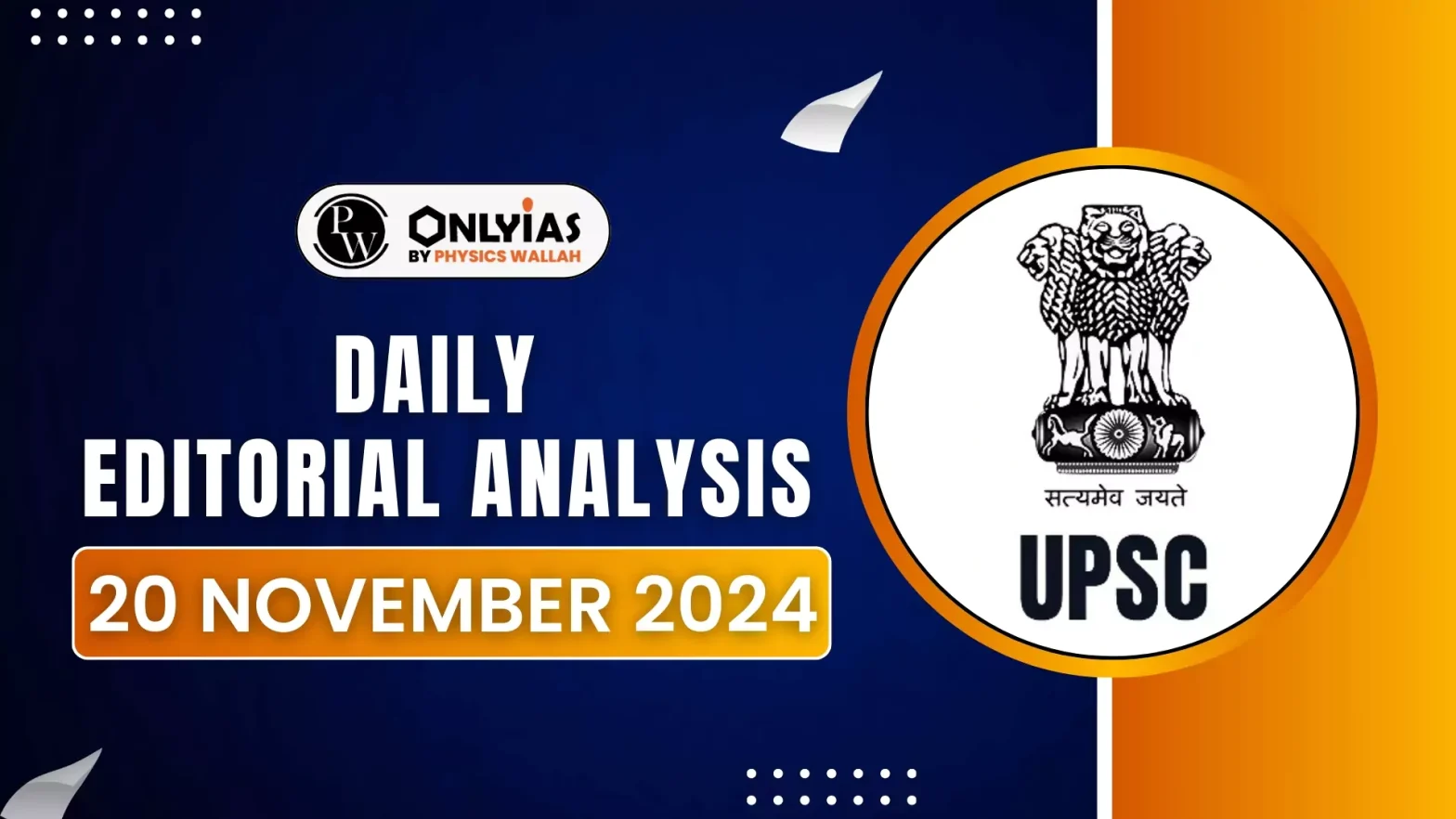Delhi’s recurring hazardous air quality, despite technological efforts, highlights the inadequate political response and remains a critical concern that urgently requires focused attention and long-term solutions.
Current Situation in Delhi
- Delhi’s Air Quality Index (AQI) is frequently reaching hazardous levels, with an alarming average of 488 on November 18, 2024.
- Some private stations reported AQI levels over 1,000, negatively impacting children and the elderly.
- Despite investments in technology and efforts to monitor pollution sources and improve air quality, the system has failed to prevent severe pollution episodes effectively.
- While the number of ‘poor’ days (AQI over 200) has decreased from 200 in 2016 to 121 in 2024, the overall pollution situation continues to worsen, with ‘severe’ pollution days rising annually.
- In fact, there have only been two years when the number of ‘severe’ days was in the single digits.
Enroll now for UPSC Online Classes
Challenges in Addressing Pollution
- Delay despite analytical tracking: Modern public and private tools provide daily tracking of pollution sources. Yet, government response remains slow, undermining timely interventions.
- Stubble Burning vs. Road Dust: Stubble burning and Diwali are seasonal concerns, but recent pollution spikes mainly stem from year-round issues like household emissions and road dust, demanding sustained solutions.
- Lack of Political Will: Effective action demands clear, consistent political commitment, which is currently absent.
- Despite a nuanced understanding of pollution and the creation of bodies like the Commission for Air Quality Management (CAQM), there is still insufficient coordination between Delhi and surrounding states.
Way Forward
- Consistent Communication and Leadership: The government must take a more active role in addressing pollution, consistently communicating its intent and implementing measures beyond political convenience.
- Long-term Solutions: Immediate measures, such as managing road dust, should be prioritised, while a comprehensive, year-round strategy is needed to address the root causes of pollution.
- Public Awareness: Raising public awareness is key to holding politicians accountable, ensuring action on pollution, and fostering shared responsibility among citizens and policymakers.
Check Out UPSC NCERT Textbooks From PW Store
Conclusion
The continued failure to address air quality issues in Delhi highlights the need for consistent, non-political, long-term solutions. The government must prioritise effective, year-round measures, particularly addressing road dust and maintaining transparent communication to build public trust and tackle the crisis seriously.
![]() 20 Nov 2024
20 Nov 2024
